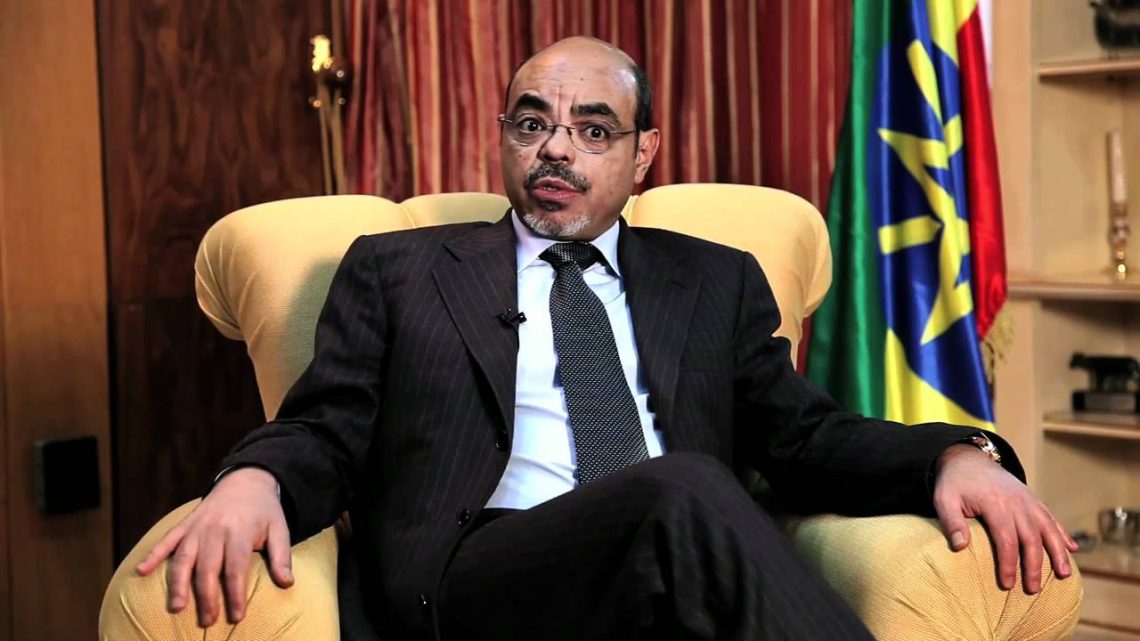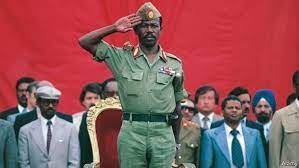Meles Zenawi was an Ethiopian politician who served as the country’s Prime Minister from 1995 until his death in 2012. He was born on May 8, 1955, in Adwa, Tigray, and grew up in a small town called Adi Quala.
Zenawi was a member of the Tigrayan People’s Liberation Front (TPLF), a political party that was instrumental in overthrowing the Ethiopian military dictatorship in 1991. After the TPLF came to power, Zenawi was appointed as the deputy Prime Minister and Minister of Foreign Affairs. In 1995, he became the Prime Minister of Ethiopia, a position he held until his death.
As Prime Minister, Zenawi implemented a series of economic and political reforms aimed at modernizing Ethiopia and improving the country’s infrastructure. He was a strong advocate for free-market economic policies, and under his leadership, Ethiopia saw significant economic growth, with GDP increasing by an average of 10% per year.
Zenawi was also known for his efforts to improve education and healthcare in Ethiopia. He established a system of primary healthcare clinics throughout the country and implemented policies aimed at increasing access to education, particularly for girls.
However, Zenawi’s leadership was not without controversy. He was criticized for his authoritarian style of governance and for suppressing political opposition. His government was accused of human rights abuses, including the use of torture and extrajudicial killings, and he was criticized for his handling of the conflict in the Ogaden region of Ethiopia.
Despite these criticisms, Zenawi remained a popular figure in Ethiopia, and his death in August 2012 was met with widespread mourning. He was succeeded by Hailemariam Desalegn, who served as Prime Minister until 2018. Today, Zenawi is remembered as one of Ethiopia’s most influential and controversial leaders, whose legacy continues to shape the country’s political and economic landscape.



